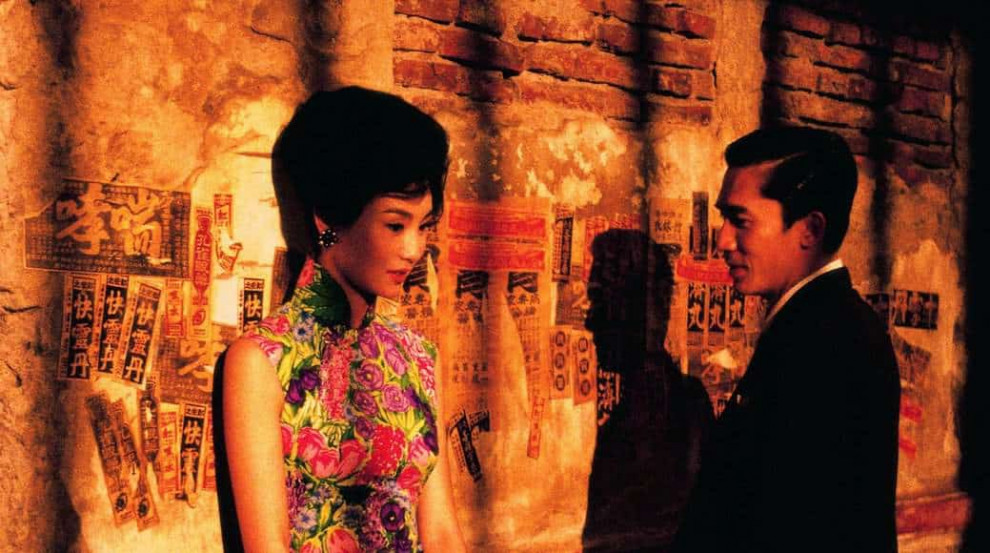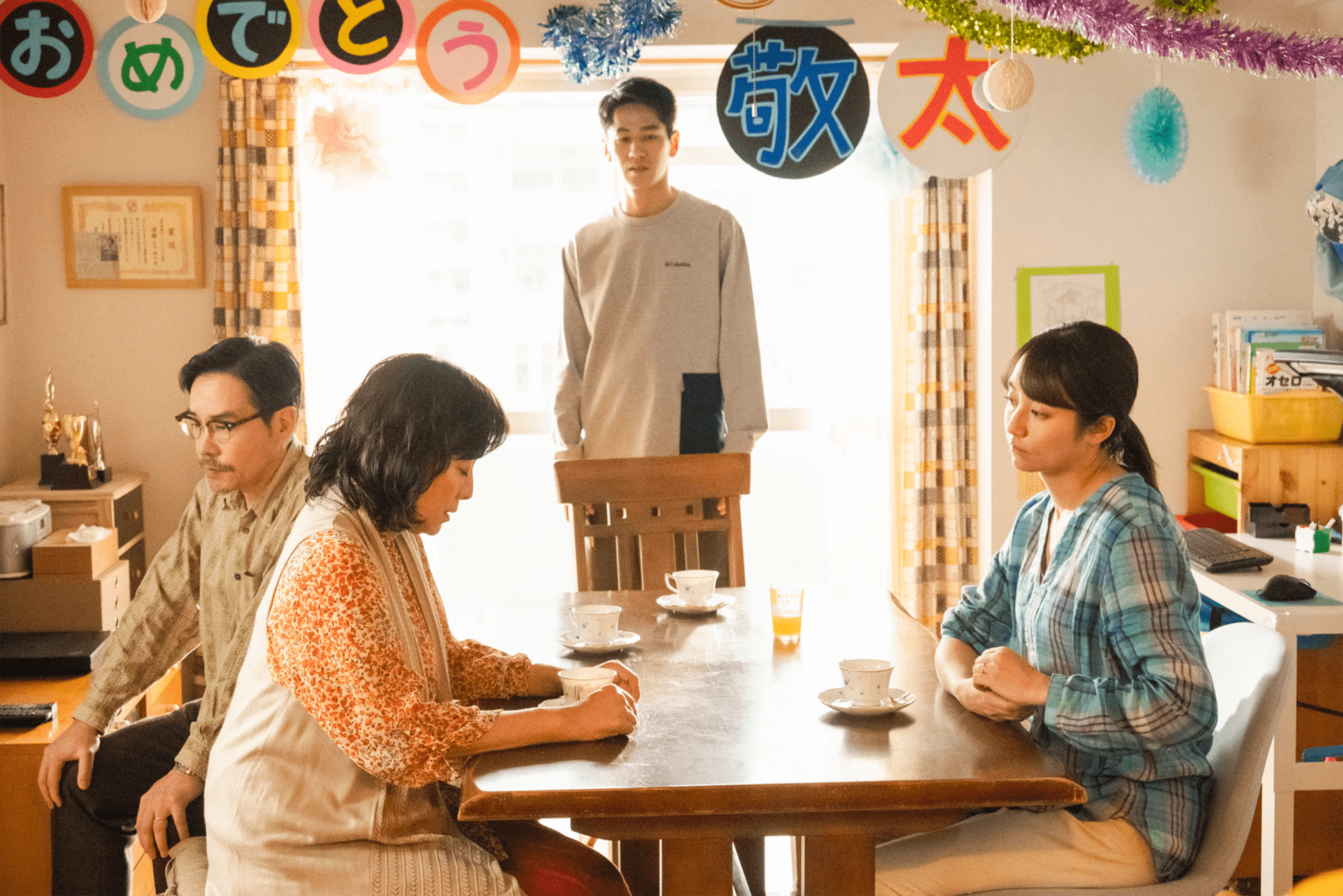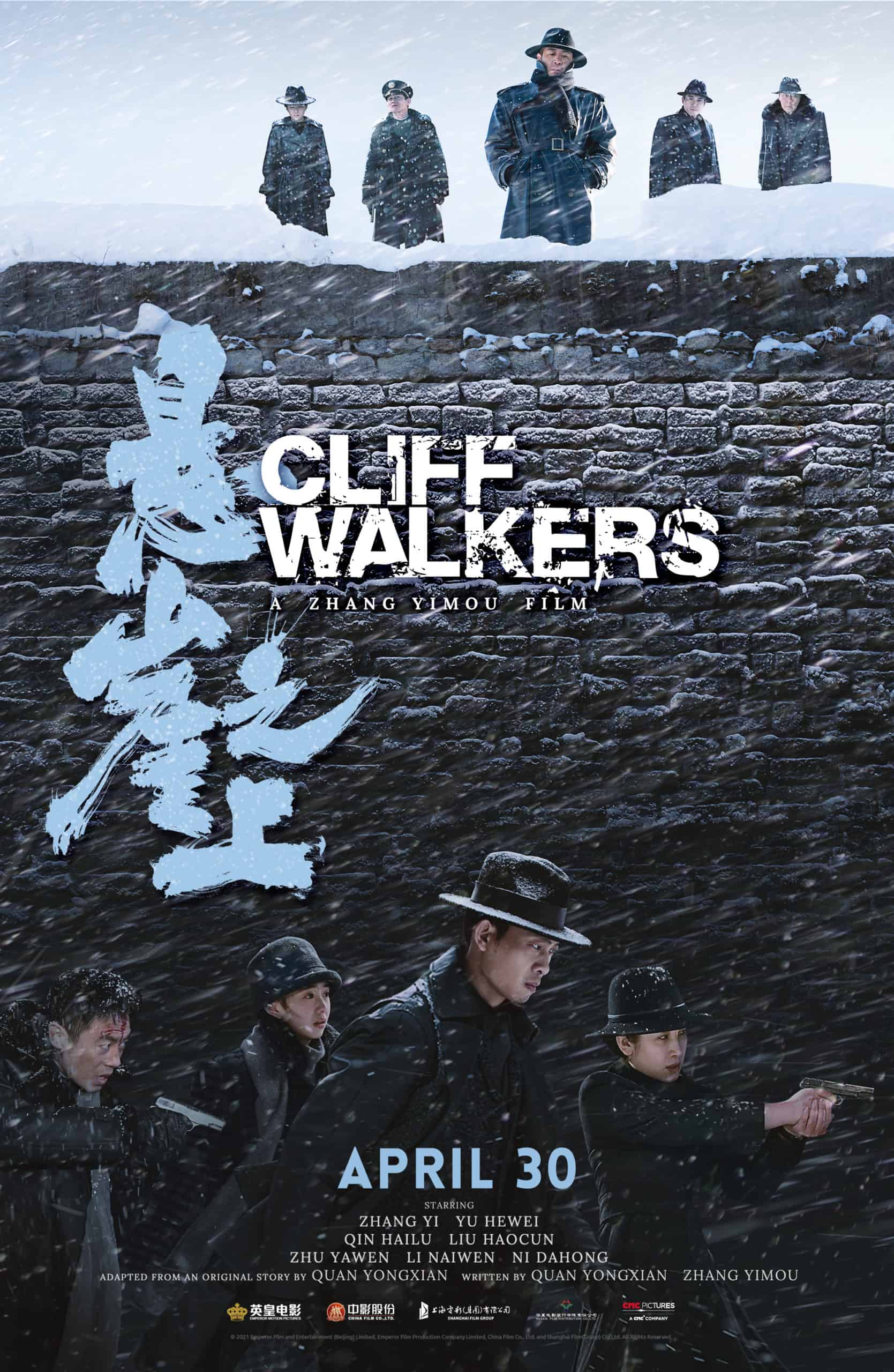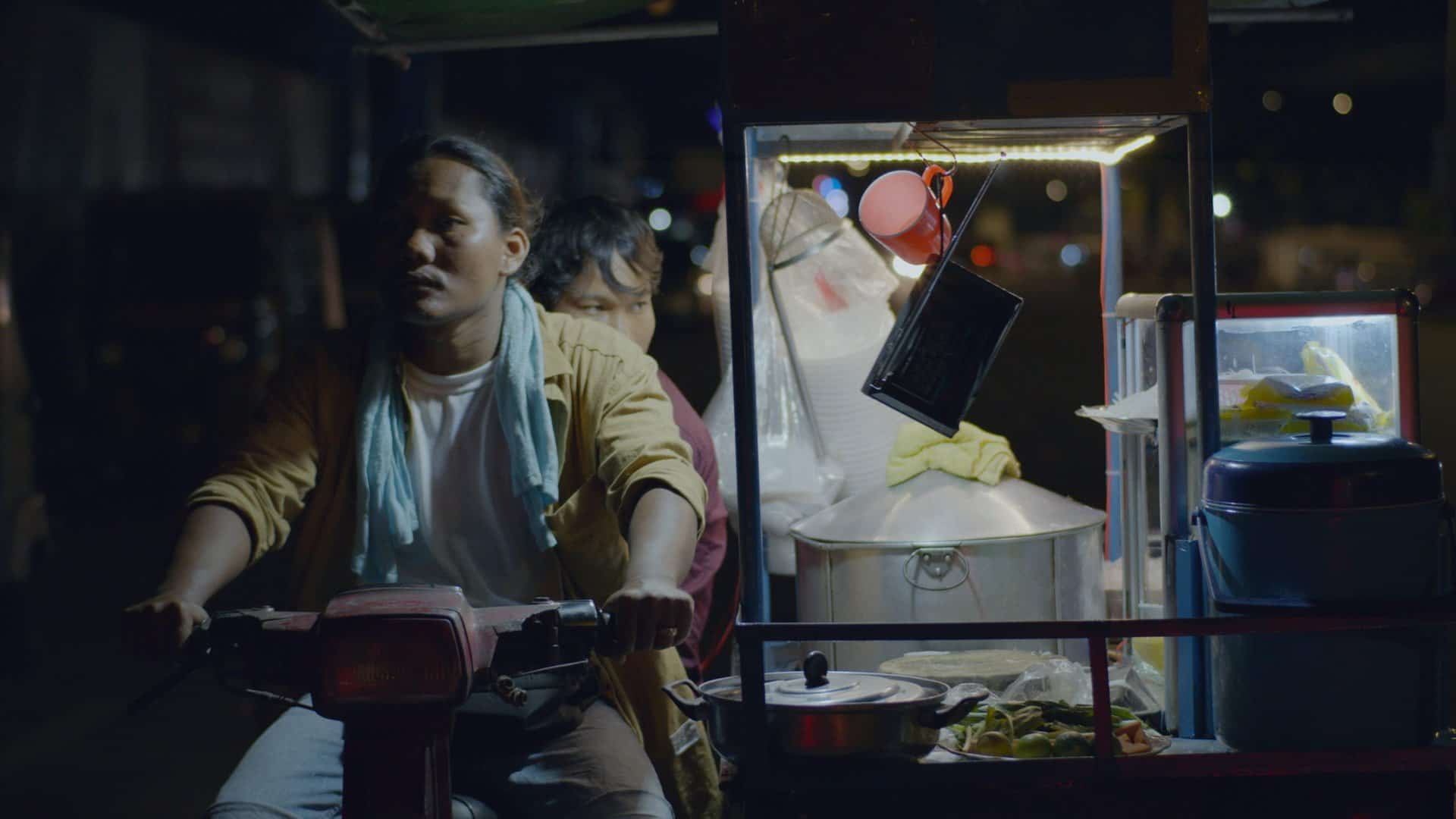Right now in Hollywood, there isn’t much going on. Unless we set Mank aside for a second, there aren’t many objectively notable releases. Be it due to the COVID-19 pandemic or lack of motivation, the western movie world is lagging.
To battle this surge in inspiration, we decided to look slightly back, but not too far. We believe it’s the perfect time to retrospect and talk about the glorious mind of Wong Kar Wai.
In this article, we’ll focus on how what appears like a vice in Mr Wong’s transforms the lead roles into their best selves.
Infidelity as Self-Revelation
Starting with perhaps the most controversial theme, we’ll heed our attention to In the Mood for Love first.
For anyone who’s seen the film, they must have felt perplexed and somewhat anxious watching the plot unfurl.
Early into the storyline, the viewers realise the awkward situation whereupon both protagonists’ partners are having an affair. And with none else than with each other! So, what can one do to solve such a riddle?
Not wanting to further complicate things in this love square, the two main characters fall in love with each other. Their pain and hurt connect them on a different level, which neither of them can explain. During their guilt-loaded relationship, both leads get to know themselves through meeting the other.
And in that way, their partners’ infidelity drove them to meet their own true selves.
Accordingly, Mrs. Chan and Chow Mo-wan are both in a cleft stick, unsure of how to act next. In the Mood for Love ends on a nostalgic, Romeo & Juliet-esque note, when Mrs. Chan arrives too late to open a new chapter of her life.
In other words, their love affair remains what it was – a wish upon a star never meant to fully come true.
While unfaithfulness might be a polemical issue, Wong Kar Wai deals with it in a way that’s almost impossible to put into words. So, In the Mood for Love simply needs to be on your to-be-watched list.
Stealthy Vice
Wong Kar Wai’s commentary on vice is also seen in most of his other titles.
For example, in the 1995 Fallen Angels, the two partners in crime almost cross the forbidden bridge of professionalism. While this may not be vice in its conventional form, in the Fallen Angels universe is identified as a sin.
By definition, a sin is an act prohibited by the rules of the union. In that light, a romance between the chief assassin and his female sidekick is out of the question.
Moreover, the Killer’s Agent in Fallen Angels goes so far as to stalk her love interest and sneaks into his flat while he’s absent. A similar scenario is seen in Chunking Express, where Faye allows herself to multiple times cleans up Cop 663’s mancave.
Speaking of other forms of what’s conventionally perceived as immorality, let’s delve into Wong’s first English breakthrough My Blueberry Nights. Loaded with symbolism, this metaphor-ridden drama starring Jude Law and Natalie Portman tackles gambling.
Portman’s character Leslie shows up as a deep-seated gambler hooked on her hobby. But what happens later is that she gets transformed by her vice. You just need to see the Wong Kar Wai movie to see what we’re talking about. No words can do his masterpieces justice.
We’re advocates of first-hand experiences. That’s why we’d suggest getting informed on best online casino games in Asia to see what we mean. Your choice might be Teen Patti, Sic Bo, slot games online, or like Leslie – poker. It is entirely up to you, but you need to feel it to believe it.
We’d even dare to call My Blueberry Nights the English version of Chunking Express, especially aesthetically. Boasting the same neon visuals and slow-motion frames, it’s impossible not to notice the similarity.
Conclusion
In summary, Wong Kar Wai applies a unique approach that’s unparalleled in today’s cinematography. From the matchless visuals to multi-layered protagonists, the Hong Kong director does what no one else seems to be able.
If you haven’t, we would recommend starting your Wong Kar Wai marathon with Chungking Express. That way, you’ll slowly flow into this magical world of struggling characters, hope, and character metamorphosis.















